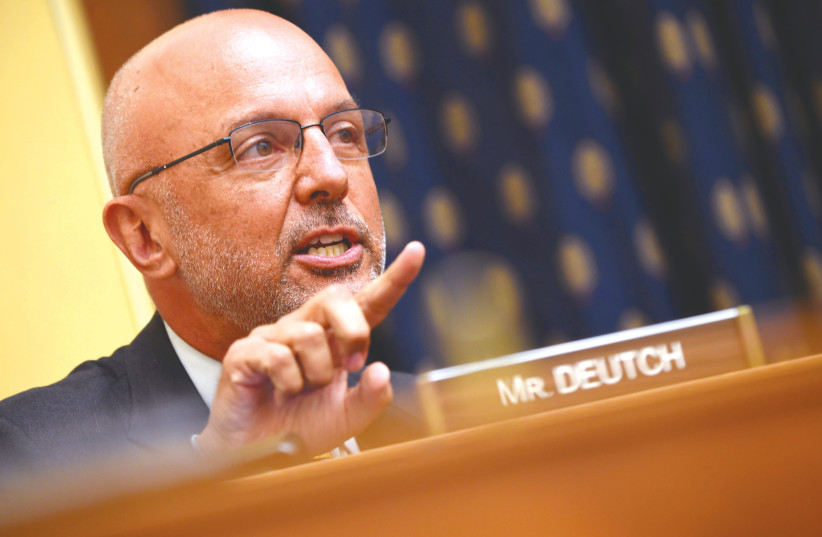80% of American Jews over 30 felt at least a little less safe compared to 67% of those under 30, according to a new survey by the American Jewish Committee (AJC), which was published on Thursday.
The survey has revealed a significant age-related disparity in the sense of safety among American Jews, with those over the age of 30 feeling more vulnerable following the Hamas terror attack on October 7, 2023.
This release of data comes as the world prepares to mark 100 days since the October 7 Hamas massacre on January 14, 2024, and coincides with the second anniversary of the Colleyville, Texas, synagogue hostage situation.
The AJC survey, conducted last fall, indicated that a significant majority of American Jews felt their safety as Jewish individuals in the United States was compromised following the attacks. "It is a very scary time to be a Jew anywhere in the world, but specifically in the US," one survey participant reflected.
This sentiment was echoed by 78% of respondents who reported feeling a great deal, a fair amount, or a little less safe after hearing about the attacks.

A disturbing trend
AJC CEO Ted Deutch responded to these findings, stating, "In the days, weeks, and months since the terror attack, the world has seen a staggering increase in antisemitic speech, anti-Jewish violence, and demonstrations glorifying Hamas terrorists." He highlighted the difficulty in maintaining a sense of security amidst such conditions.
The survey also revealed behavioral changes linked to these feelings of insecurity. One respondent shared, "I am stunned and heartbroken by the recent terrorist attacks in Israel. I am shocked by the sizable vocal minority that is supporting Hamas. In many ways, I don't feel comfortable living in my country for the first time."
Another disturbing trend noted was the reconsideration of community activities for safety reasons. A participant recalled, "A local Jewish organization was looking to reschedule a children’s outdoor activity to an indoor option because a walking trip around town no longer felt safe."
Furthermore, those who had personally experienced antisemitism in the past year reported feeling less safe at a higher rate (86%) compared to those who had not (75%).
The survey results, which will be included in the AJC’s State of Antisemitism in America 2023 Report, shed light on the pervasive impact of international events on local communities and the pressing need for effective measures against antisemitism.
